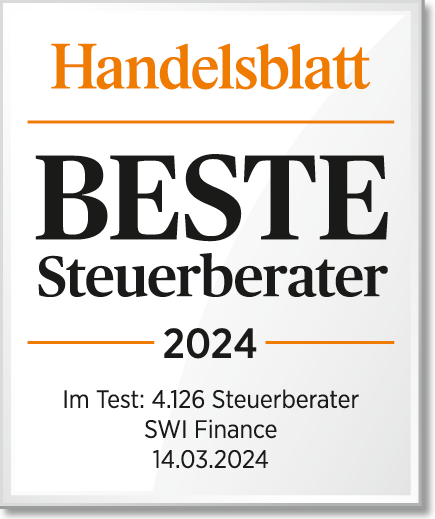- Companies
- International tax law
- Design & documentation of transfer prices
- Use of tax losses from home and abroad
- Annual financial statements - used strategically correctly
- Immigration step-up, a company moves to Germany
- Tax liability for sole proprietorships and partnerships
- Tax liability for Swiss corporations
- Permanent establishment
- Taxes in China
- International sales tax
- International employees
- Differences in labor law, tax law, social security law
- Working in the home office international
- Tax liability of employment income according to DTA
- Income tax for cross-border commuters, domicile abroad, without an employment contract
- Working in the employer's business premises
- Shares in partnerships and corporations
- Company formation/start-up
- Management consultancy
ServicesWith our work, we help our customers create long-term value and support them in growing responsibly and shaping digital change. We rely on data and the latest technologies in our services. - International tax law
- private customers
- Living & working abroad
- EU-Germany-Switzerland
- Taxation of the earned income of EU foreigners in Switzerland
- Tax liability in Switzerland
- Is it worth moving to Switzerland?
- Cross-border commuters between Germany and Switzerland
- 60-day rule in the DBA Germany-Switzerland
- Managerial staff Germany-Switzerland
- Income as a director
- Child benefit in cross-border cases
- Swiss AHV system / income tax
- Additional taxation between Germany and Switzerland
- Taxation in the digital world
- Life in China
- Purchase and financing of land, defense against enforcement
- Family & inheritance law, inheritance tax
IndustriesWith our work, we help our customers create long-term value and support them in growing responsibly and shaping digital change. We rely on data and the latest technologies in our services. - Country overview
CareerWe bring exceptional talents together to advance things together and make them significantly better.
- Rates
- office software
- Contact
- Blog
Legal assignment to an SV system, contributions and benefits to Swiss pension provision - AHV (old-age and survivors' insurance)
Thousands of cross-border commuters residing in Germany commute to their workplace in Switzerland every day or work there as so-called weekly residents. Apart from those who work at least 25% of their working hours in Germany, for example in the home office, or those employees who have another employment relationship in addition to the Swiss one, these people are assigned to the Swiss social security system. However, many people are not familiar with AHV (old-age and survivors' insurance).







